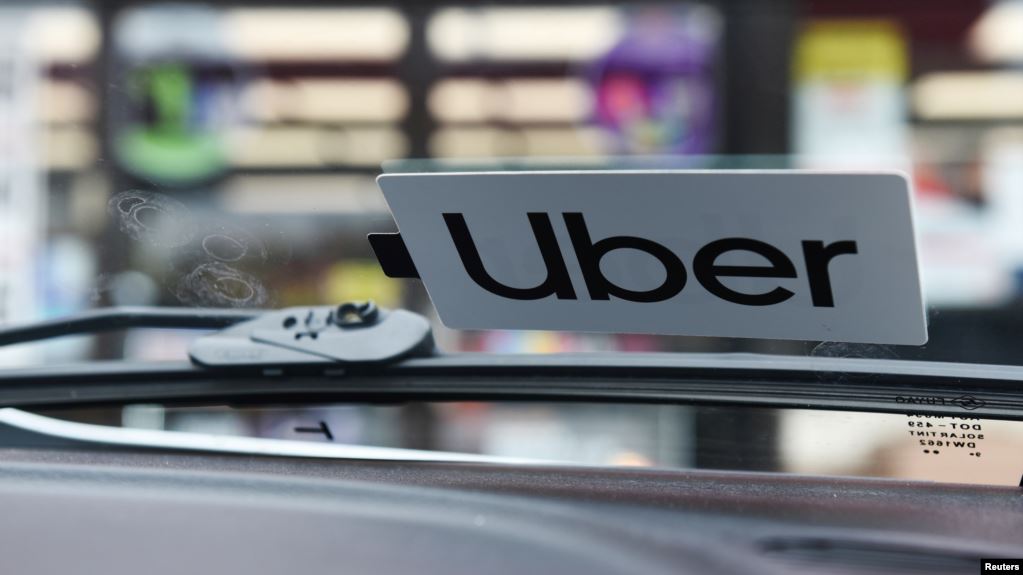

1. promote(v)
make people aware of something, such as a new product, through advertising
2. contact tracing(n)
the process of identification of persons who may have come into contact with an infected person
3. receipt(n)
a paper or electronic note on which the things or services that you pay for are listed with the total amount paid and the prices
4. prompt(v)
to cause someone to do something
5. data(n)
facts or information used usually to calculate, analyze, or plan something
6. hotspot(n)
area of higher incidence of something, such as disease
Uber Pushes its Contact Tracing to Health Departments

Ride-sharing company Uber has been quietly sharing information about its drivers and passengers with health officials for months. Now, the company is promoting this free service around the world to help in COVID-19 contact tracing efforts.
Company officials say Uber designed a website where government health agencies can easily search its records. Contact tracers can use the information to find people who may have come in contact with an infected individual.
The site is open to health officials in all the countries where Uber operates. The company says contact tracers can get information within a few hours by searching a passenger’s name or trip receipts. The site also prompts public health officials to advise Uber on actions it might take based on their findings.
Health officials and experts say ride-sharing information can find people outside the social contacts reported by infected persons. Though Uber has provided such data for months now, it has not been put to use in many COVID-19 hotspots in the United States.
Unlike many other countries, the United States has no national program to identify the contacts of people with coronavirus infections. The World Health Organization has called such an effort critical in fighting the COVID-19 pandemic.
Uber has long provided data to U.S. law enforcement officials in emergencies and criminal investigations, companies officials said. Then in 2019, U.S. health departments began seeking company data in an effort to control the disease measles.
In the first half of 2020, Uber said it received around 560 data requests linked to COVID-19, from public health departments in 29 countries. It reported that each request took about two hours for the company to process. About 30 percent of the requests came from the United States.
Resource:https://learningenglish.voanews.com/a/uber-pushes-its-contact-tracing-to-health-departments/5513024.html

- Why is it very important not to give out personal information on the Internet?
- If you want reliable and good information from the Internet, then you should look for sites operated by which types of organizations?
- Are old people disadvantaged by today’s usage of the Internet? How?
Sharing knowledge is not about giving people something, or getting something from them. That is only valid for information sharing. Sharing knowledge occurs when people are genuinely interested in helping one another develop new capacities for action; it is about creating learning processes.
Peter Senge

 Pre-advanced
Pre-advanced

